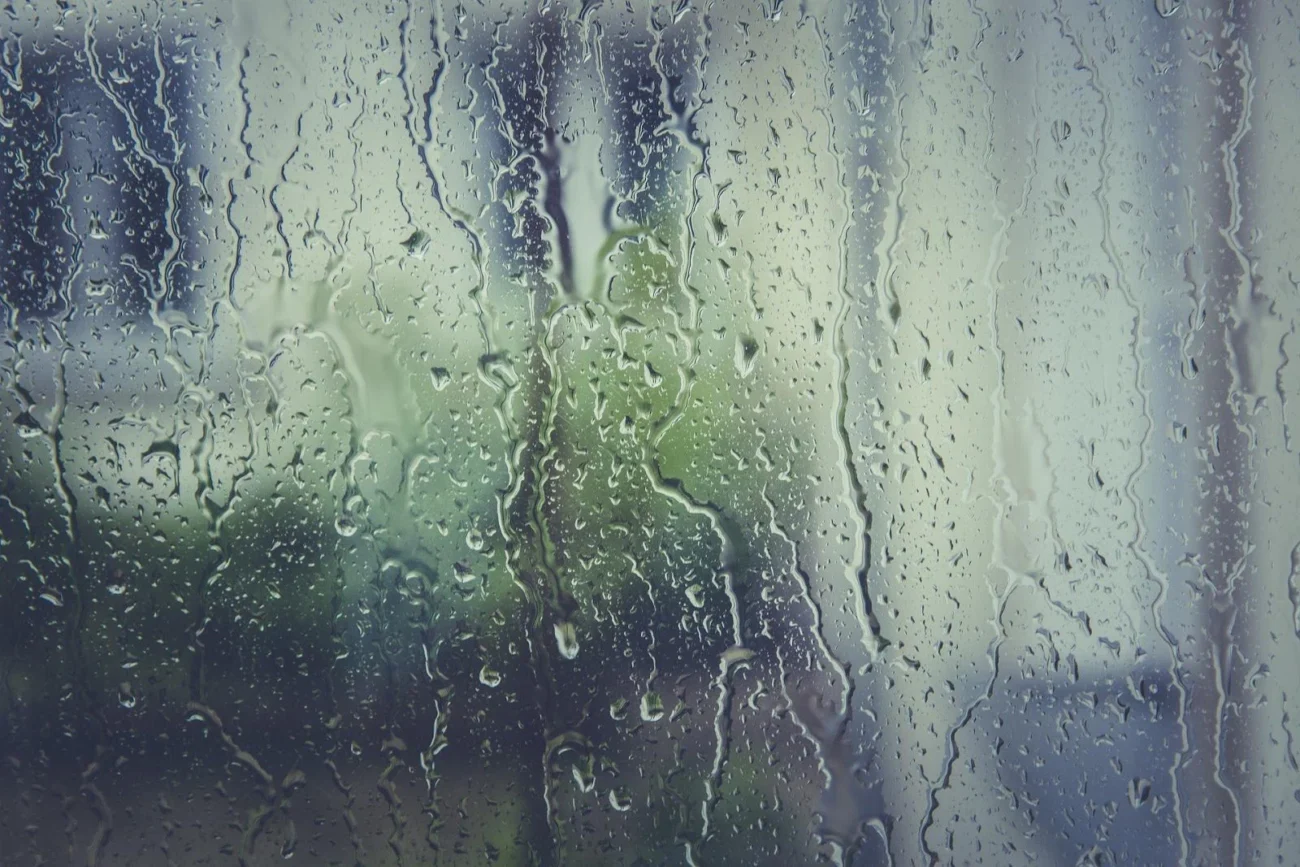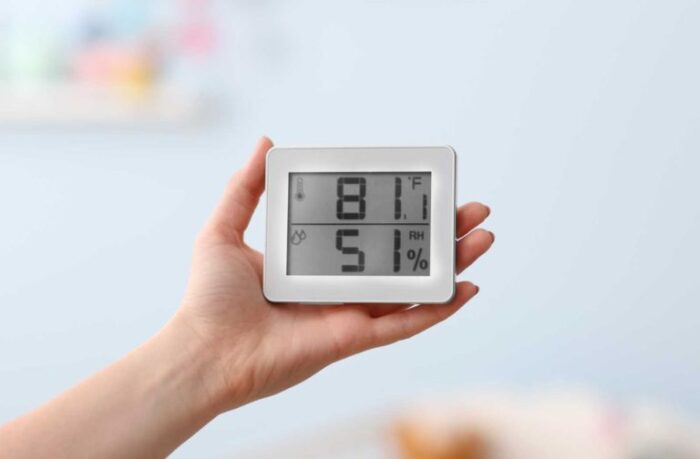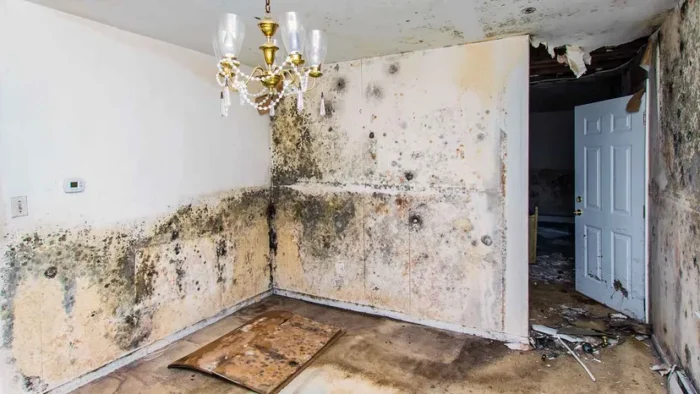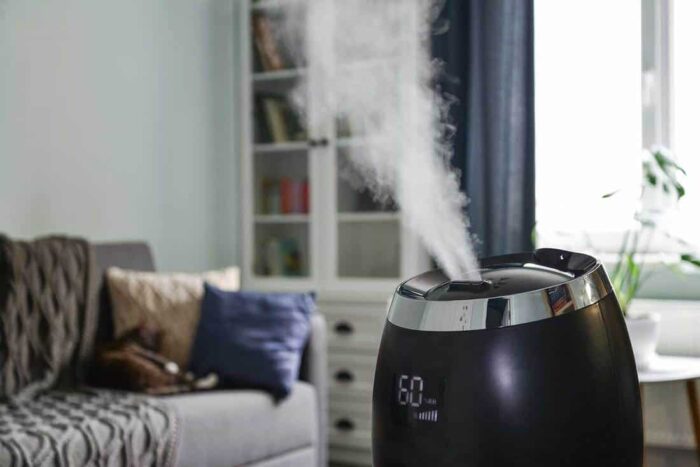
Most people are acutely aware of their home’s temperature, and they take actions to control that temperature very precisely. But not many people are aware of the humidity levels of their home. Assessing and controlling your home’s humidity can have a number of benefits, from helping you breathe easier to preventing mold and mildew from developing.
What Is Humidity?

First, what exactly is humidity?
Humidity refers to the amount of moisture, or water vapor, present in the air. Air can hold a significant amount of water vapor, but the vapor doesn’t need to be there, and certain conditions can influence the amount of vapor that’s present.
You’ve almost certainly experienced this for yourself. The temperature in a rainforest and in a desert might be identical, but the rainforest is going to feel more humid; even if you’ve never visited these locations, you can probably imagine what they would feel like in your mind.
It’s important to recognize that humidity is measured in two different ways. Absolute humidity is a measure of how much water vapor is present in the air, nominally. Relative humidity, the much more common measurement, measures how much water vapor is present in the air, while factoring the temperature into the equation.
This is important because hot air can hold much more moisture than cold air, making humidity much more noticeable. Most people find a relative humidity of 40 to 60 percent to be “comfortable,” but there are many conditions and situations that can change this.
How Does Humidity Affect Your Home Environment?

Why should you care about humidity in your home?
Humidity affects several things simultaneously.
- Mold and mildew. Excessive moisture and humidity create conditions where mold and mildew can thrive. Mold and mildew are both types of fungi that feed on a wide variety of sources and require moisture to propagate. While most species of mold in mildew are relatively harmless and easy to remove, some are capable of causing severe health problems, including allergic reactions. In severe cases, mold infestations can cause structural damage to your home. Maintaining a lower humidity in areas prone to mold and mildew development is critical to keep them clean and hygienic.
- Temperature and comfort. Humidity also plays a role in your comfort and experience of temperature. For example, in the summer, if the humidity in your home is too high, even a relatively low temperature is going to feel too hot; excessive water vapor in the air makes it harder for your sweat to evaporate, making it harder for your body to cool down. Conversely, drier air in winter can make your house feel colder than it actually is.
- Respiratory issues. Regularly breathing in excessively dry air can cause respiratory issues. It can dry out your nasal cavities, potentially leading to nosebleeds. It can leave you with a dry, scratchy throat. It may even make it feel subjectively harder to breathe.
- Skin issues. Dry air is also bad for your skin and lips. If your home is chronically low in humidity, you may have more problems with dry, cracking skin, chapped lips, and other issues.
- Illness and recovery. If you come down with the common cold, the flu, or a similar infectious disease, you’ll find that dry air is even more unpleasant. It can lead to more congestion and make it harder for you to breathe normally.
- Structures and fixtures. In extreme cases, high humidity can cause structural damage to your home. In moist areas, like certain basements, it’s important to control humidity so that it doesn’t get out of control.
- Personal possessions. Excessively high or low humidity can also degrade some of your possessions. For example, physical books should ideally be stored in a relatively dry environment, at a 35 percent relative humidity level. Otherwise, the moisture in the air can cause the paper pages to deteriorate more rapidly than they would otherwise.
How to Improve Humidity Levels in Your Home

So what steps can you take to improve humidity levels in your home?
- Measure and observe. As you’ve been able to see, both high and low humidity can be problematic. It’s also possible that your home is already at the perfect level of humidity. The only way to approach this problem adequately is to carefully measure humidity levels throughout your house and observe how you feel throughout the house. Only then will you be able to make the proper adjustments.
- Consider a whole home humidifier. Whole home humidifiers, like the name implies, are designed to distribute water vapor and moisture throughout your house. They’re incredibly valuable for mitigating the effects of dry winter air, but they can be costly and difficult to install.
- Use humidifiers and dehumidifiers. For most people, a better solution is using smaller humidifiers and dehumidifiers to control moisture in various areas of your home. For example, you might keep a dehumidifier in your basement, but a humidifier in your bedroom.
- Run exhaust fans regularly. If your house has them, run your exhaust fans. Running a fan during and after a hot shower can effectively prevent the buildup of moisture, thereby keeping mold and mildew out of your bathroom.
There are general guidelines to follow when controlling humidity in your home, but there are also subjective factors to consider. Use a combination of humidifiers, dehumidifiers, and fans to make sure your house remains the perfect level of humidity at all times and for all occasions.





